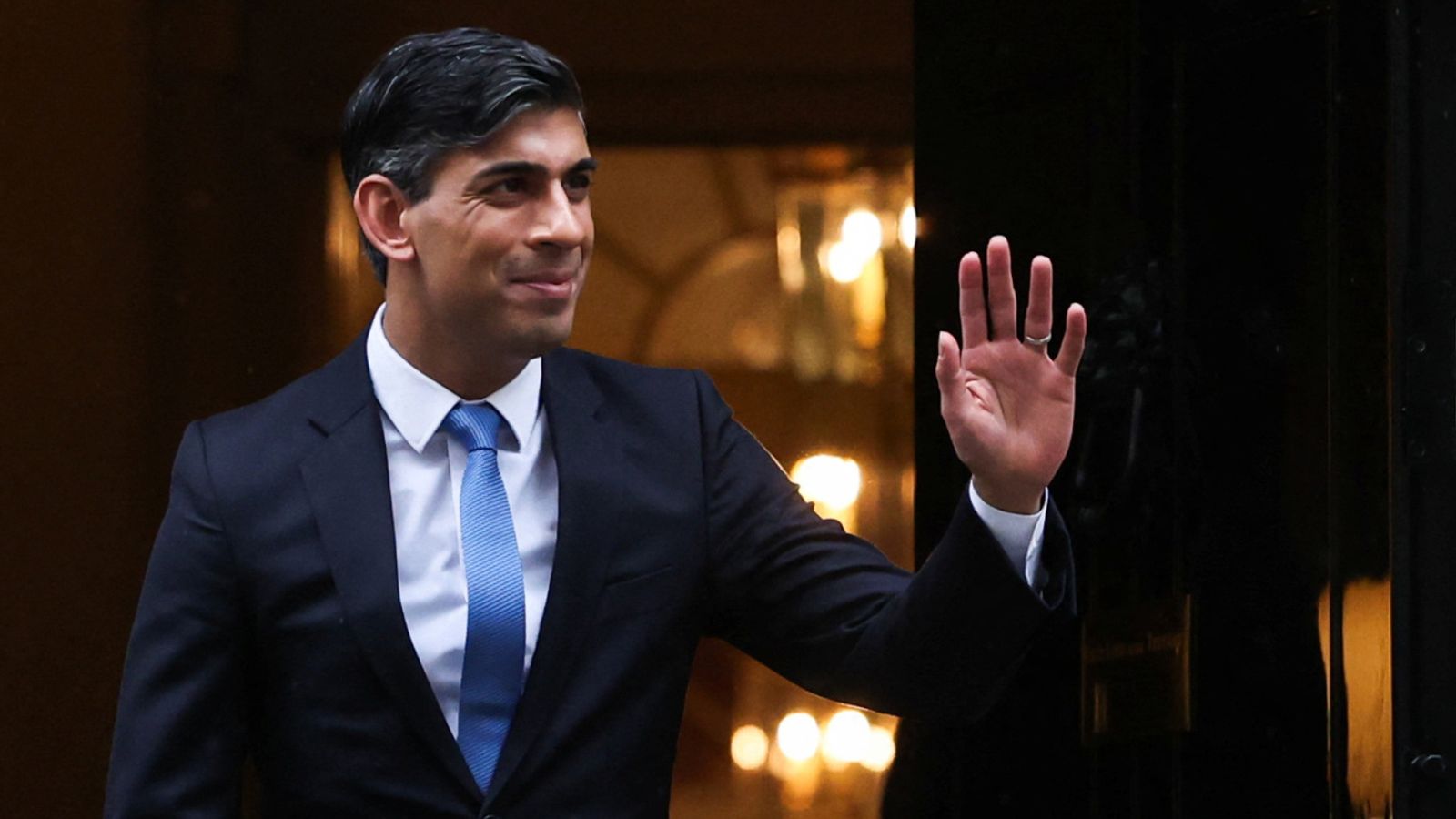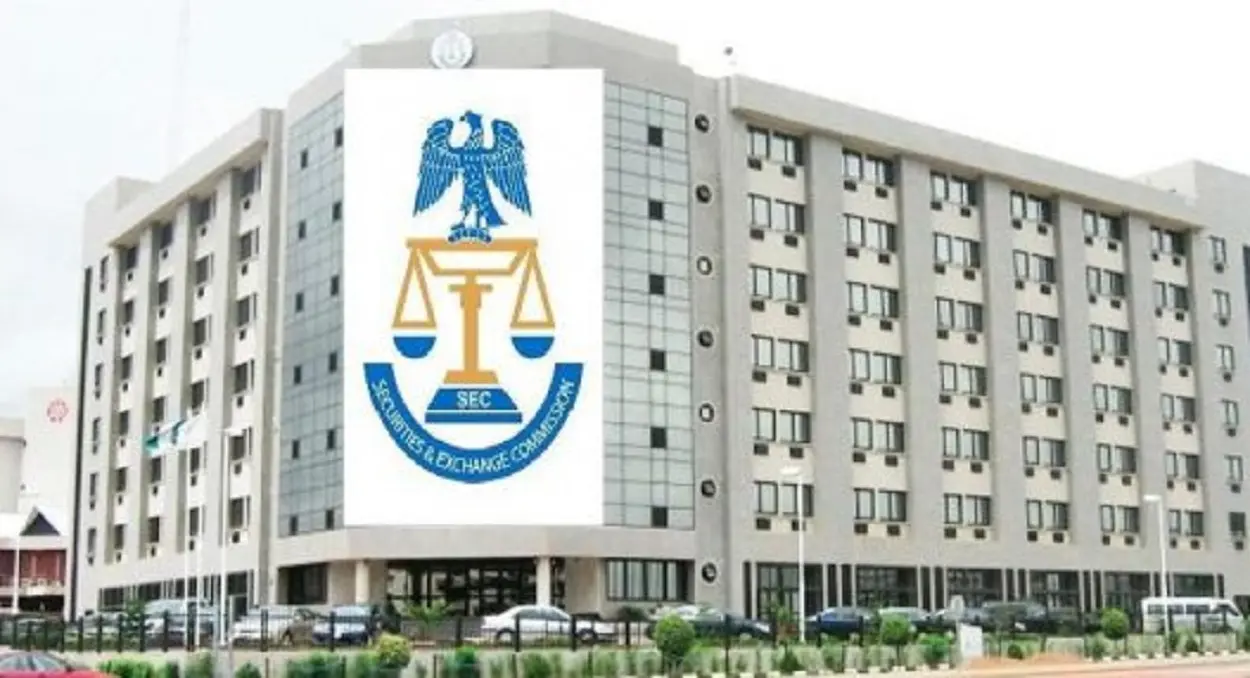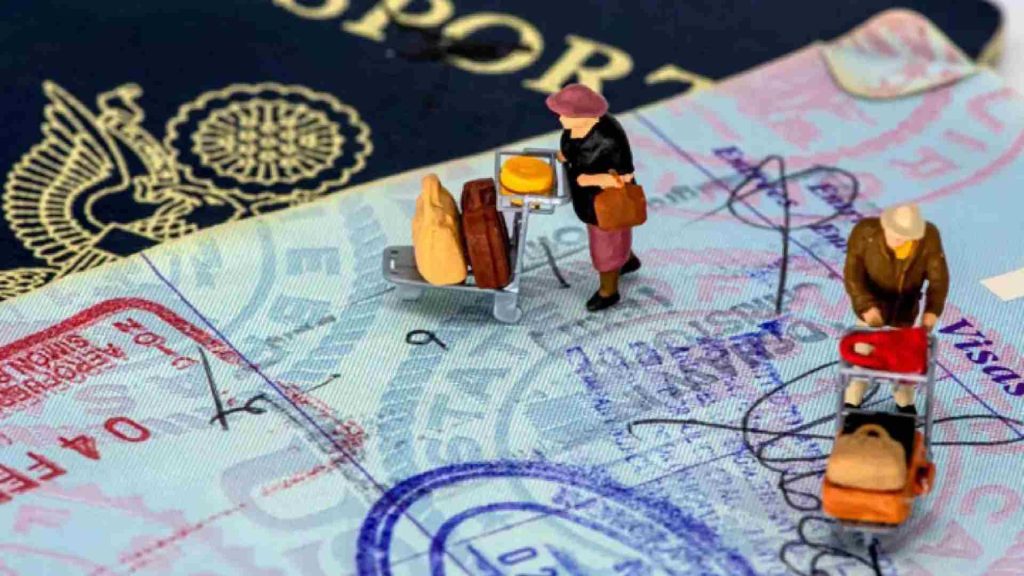The Federal Inland Revenue Service has officially begun renegotiating its Double Taxation Agreement with the Kingdom of the Netherlands.
This marks the first such engagement since President Bola Ahmed Tinubu signed Nigeria’s landmark Tax Reform Bills into law on June 26, 2025.
According to an FIRS statement, the opening session of the talks took place on Monday at the Revenue House in Abuja.
The session was hosted by the Executive Chairman of the FIRS, Dr. Zacch Adedeji, and attended by a high-level Dutch delegation led by the Ambassador of the Netherlands to Nigeria, His Excellency Bengt van Loosdrecht.
In his remarks, Dr. Adedeji described the renegotiation as both timely and essential, citing the rapidly evolving tax landscape both locally and globally.
“Recent developments in the domestic and global tax landscape have made the review of the existing agreement unavoidable.
“The tax reforms being carried out by our government, global measures against Base Erosion and Profit Shifting (BEPS), and other evolving international tax standards will render extant agreements out-of-date,” he stated.
He noted that the renegotiation aligns closely with the Tinubu administration’s broader fiscal agenda—expanding the domestic tax base, enhancing tax administration, and ensuring the tax system fosters inclusive economic growth.
The Netherlands, one of Nigeria’s longstanding trade and investment partners, is the first foreign government to initiate formal discussions to realign its tax treaty with Nigeria’s new tax framework.
The current agreement, which contains provisions to prevent double taxation, is now considered outdated in light of recent reforms.
Ambassador van Loosdrecht echoed the spirit of cooperation, expressing confidence in the ability of both delegations to reach a mutually beneficial agreement.
“The fact that we meet here today is an indication of the goodwill and the good faith in which we want to meet with each other.
“Ultimately, a treaty is about finding common ground and building upon that common ground. I know both of our sides have very competent, professional teams, and I am confident we will have a very fruitful week,” he said.
The newly signed tax laws—including the Nigeria Tax Act, Nigeria Tax Administration Act, Nigeria Revenue Service (Establishment) Act, and Joint Tax Board (Establishment) Act—constitute the most comprehensive overhaul of Nigeria’s tax system in decades.
They also lay the foundation for the official launch of the Nigeria Revenue Service, set for January 1, 2026.










